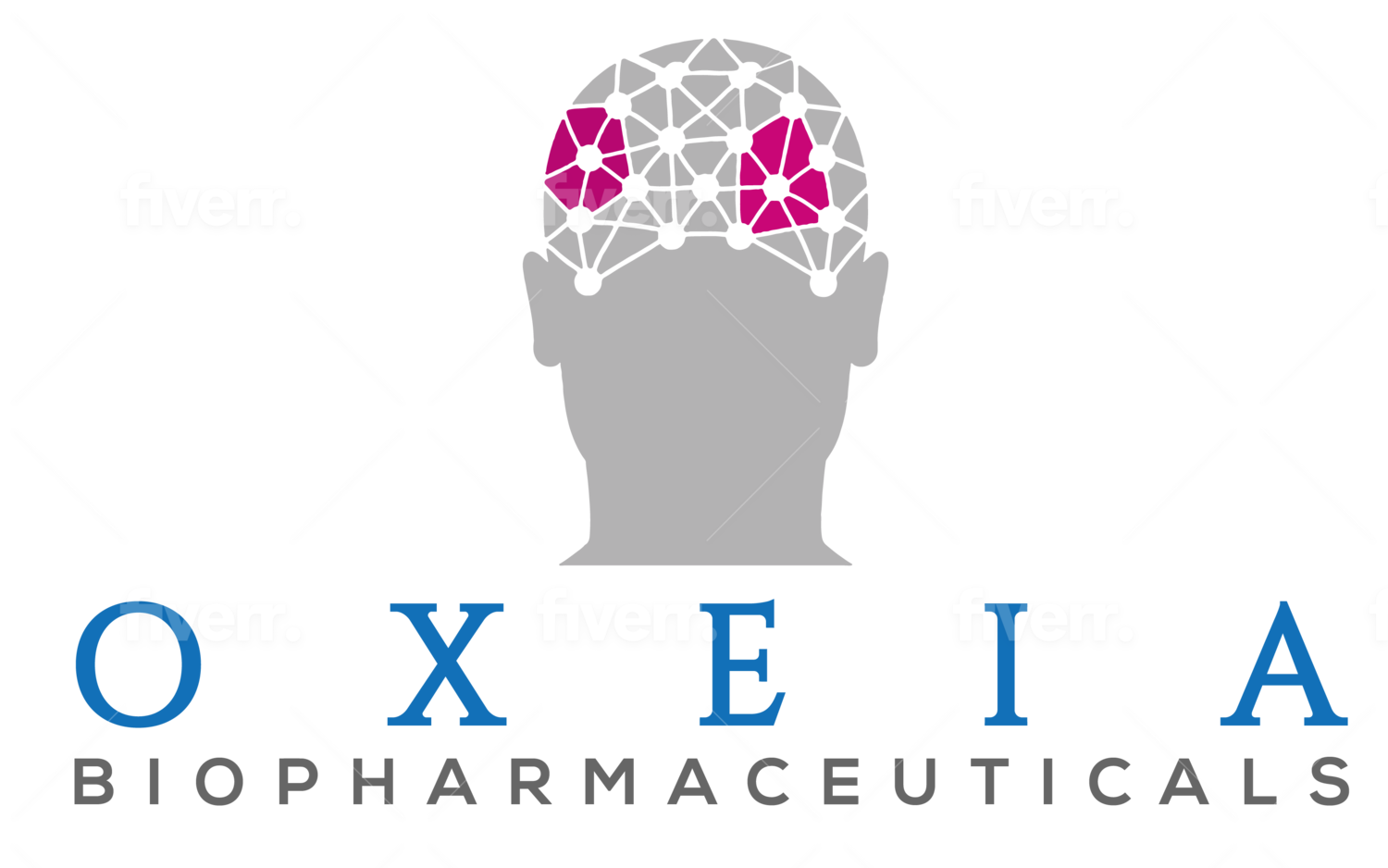2024 NFL Season Ends with Good News about Concussions. But Will it be Enough?
Just a few weeks after the National Football League season ends Brain Injury Awareness Month begins. Millions of Americans will experience a concussion in the coming year. Only a relative handful of these individuals will be athletes -- most of those to get concussed will be regular folks like you and me. We won’t suffer anything as spectacular as an interception on the gridiron, maybe we just slip and fall… it won’t be televised to millions, but it will be significant to us.
We highlight the problem of concussions in pro sports because they’re attention-grabbers. The NFL concussion problem helped open the door a couple of decades ago to the real concussion crisis that is gripping so many Americans and others around the world.
Richard Sherman, one of the NFL’s greatest cornerbacks of all time and an Oxeia Biopharmaceuticals Advisory Board Member, tells me he’s pleased with new statistics from the league that concussions are down 17% compared to last season. But he notes, “There is still much work to be done to protect players.”
The NFL’s Jeff Miller recently announced the new concussion stats crediting improved equipment, rule modifications and continued culture change. These are all very good changes, but Richard is correct, while the NFL is moving in the right direction, more needs to be done to keep players safe. Neurotrauma is no joke. A 2019 study found CTE in 90% of the deceased layers examined posthumously.
What will it take to stop concussions in its tracks for football players as well as other athletes and anyone else who injures their brain? At Oxeia we’ve been researching a treatment we believe can make a significant difference. We’re not alone, other biopharmaceutical companies are doing the same.
With better funding, Oxeia will be ready to start Phase IIb trials for OXE103, synthetic human ghrelin, to treat concussions/mTBI. OXE103 is synthetic human ghrelin, an endogenous hormone. OXE103 freely crosses the blood-brain-barrier and is now being tested in humans to potentially treat concussions by addressing underlying neuro-metabolic dysfunction and axonal injury. OXE103 uniquely targets the hippocampus region of the brain, an area important for cognition and memory.
Initial Phase IIa clinical trials completed at University of Kansas for OXE103 show signs we’re making progress. Study author Dr. Michael Rippee reported to the Archives of Physical Medicine and Rehabilitation (ACRM) “the results from this study indicate that ghrelin therapy is a promising and potential therapeutic to treat post-concussion patients suffering from ongoing ymptom burdens.” The results showed an 85 percent response rate in those treated with OXE103, versus a 33% response rate in those who received standard of care. The data allow us to proceed to a larger clinical trial conducted at multiple sites across the U.S.
This is all very good news. But the process takes time. In addition to the time needed to do testing, raising capital to pay for the clinical trials is a concern for the various small biotech ompanies like ours trying to bring a concussion treatment to market. Investors got scared away from neurotrauma innovation for severe brain injuries during the 90’s and 2000’s when many treatments in development failed. Today’s landscape is different. Companies are focused on treating concussions rather than severe brain injury. This is where OXE103 can make a difference.
As the father of a former college football player and a lover of the sport, I’m glad to hear some of the steps implemented by the NFL have made a dent in the problem. If we want to protect football and other sports where concussions are prevalent, like hockey and boxing, we must push the boundaries of medical innovation. A concussion treatment is possible. We will continue working to advance our treatment for mild traumatic brain injury, injuries that therwise can lead to a lifetime of debilitating symptoms and other neurologic consequences.
This March during Brain Injury Awareness Month think about all of those who are suffering from brain injury. To move the needle on brain injury research biotech companies like ours need more funding. We are counting on investors and philanthropists passionate about finding treatments for brain injury to come forth. We invite those among us who have seen firsthand how concussions can ruin sports careers and more importantly athletes’ lives, to become a part of this nascent health revolution. Please join us in our pursuit.
Michael Wyand, DVM, PhD is the CEO and Director of Oxeia Biopharmaceuticals, Inc.
